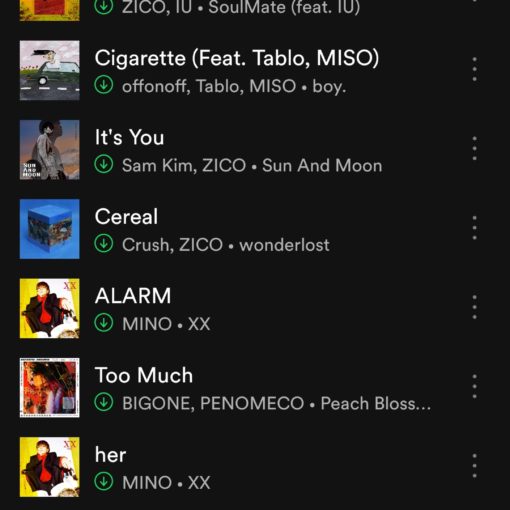„The Best Men Can Be”
At the beginning of the year, Gilette came out with an add that shook the internet. Taking a decisive stab at toxic masculinity, it spiked so much controversy even major news outlets reported on the story. Those who criticized the add argued that it misrepresented men, ostracised them and/or sought to feminize them. I’ve got my our own opinion, but before I get any deeper into it, it is crucial that you watch the add for yourself:
How the cookie crumbles
Alright, now that we’re nice and level, let’s dismantle this thing. The number one phrase that comes up over and over again amongst those who criticize the add is „anti-men”. So much so that if you type „gilette” into your search bar on YouTube, „gilette anti-men commercial” is the first autosuggestion. The add has been viewed over 29 million times and has 1,4 million „thumbs down” votes (compared to 779 thousand „thumbs up”). This is something that I admittedly find difficult to understand, along with the whole line of the „anti-men” argumentation.
Is Gilette anti-men?
The first time I watched the add, I remember thinking: finally. At last. We are addressing the fact that men are a community, whose members (some of them) get away with things that they shouldn’t be allowed to get away with, due to the fact that the „decent majority” fails to speak up in defense of women. The way I see it, the fact that anyone would consider this advertisement „anti-men” is strikingly concerning in and off itself. It shows just how unhealthy our idea of manhood is, or rather how insecurely attached to manhood we’ve become. How is it anti-men to call for a more attentive and engaged fathering of young boys? How is it anti-men to ask that we collectively police how men interact with women? Correct me if I’m wrong, but I don’t believe it’s ANTI anyone to suggest that they can do better, which is all this advert is doing. „Right now, we are not the best that men can be”, they say. „But here’s what we can do better”.
We need to grow up
The add does not attempt to discredit men, or fundamentally shame them or condemn them for being men. It is simply stating that there is room for improvement, but for any improvement to happen, ever, a recognition of failure or flaw needs to come first. This kind of recognition is never easy. It’s a bitter pill to swallow. But it is all the more bitter if one interprets it as a personal attack, rather than an observation of the overall reality. Let me exemplify. One in four women will experience some kind of sexual harassment during their first year of college. This is a general fact. It is not a personal attack on any particular man that I know, it’s a fact. However, it is a fact leads to a conclusion that we have a problem on our hands that needs to be addressed. A recognition of that problem is not an anti-men agenda, it is a pro-humanity agenda. As a society, we cannot afford to simply reject all the truths that we don’t like, because they make us uncomfortable. It is our responsibility to move past that discomfort and admit that we could do a lot better.




